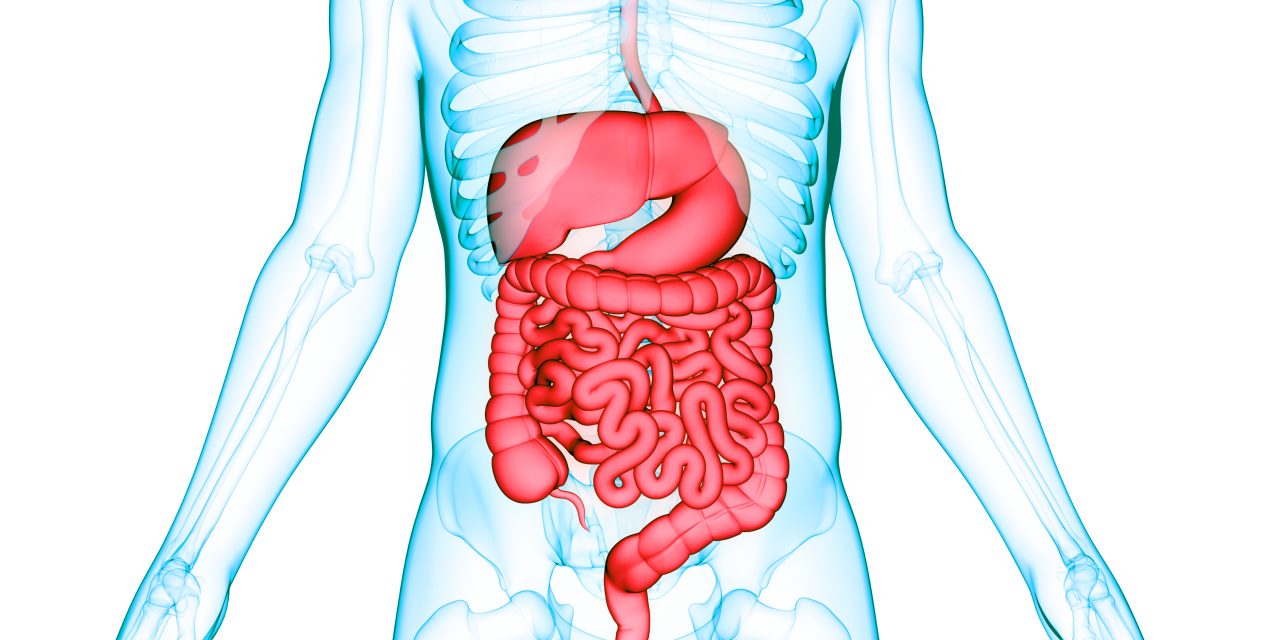Overweight and obesity are increasing year by year all over the world, and there is a correlation between overweight and obesity and the risk of pancreatic cancer. However, the relationship between overweight and obesity and perioperative outcomes of pancreaticoduodenectomy (PD) was controversial. The purpose of this study was to investigate the effect of body mass index (BMI) on the perioperative outcome of PD. This study retrospectively evaluated 227 patients who underwent PD from 2015 to 2019. The patients were divided into three groups: underweight group (BMI <18.5 kg/m), normal weight group (18.5 ≤ BMI <25 kg kg/m), and overweight group (BMII ≥25 kg/m). The association between different BMI groups and different perioperative results was discussed. Finally, the independent risk factors of clinically relevant-postoperative pancreatic fistula (CR-POPF) were analyzed by multivariate logistic regression. The level of preoperative albumin was higher in patients of overweight group ( = .03). The incidence of hypertension increased gradually in the three BMI groups ( = . 039). The preoperative median CA19-9 level was significantly higher in the underweight group than that in the control groups ( = .001). The median operation time in the high BMI group was significantly longer than that in the other two groups. High BMI was an independent risk factor influencing CR-POPF after PD ( = .022, odds ratio 2.253, 95% confidence interval 1.123-4.518). Operation time of PD was increased in patients with high BMI. High BMI was an independent risk factor for the incidence of CR-POPF after PD. However, PD surgery is safe and feasible for patients with different BMI, and overweight and obese patients should not refuse PD surgery because of their BMI.
Influence of Body Mass Index on Perioperative Outcomes Following Pancreaticoduodenectomy.


